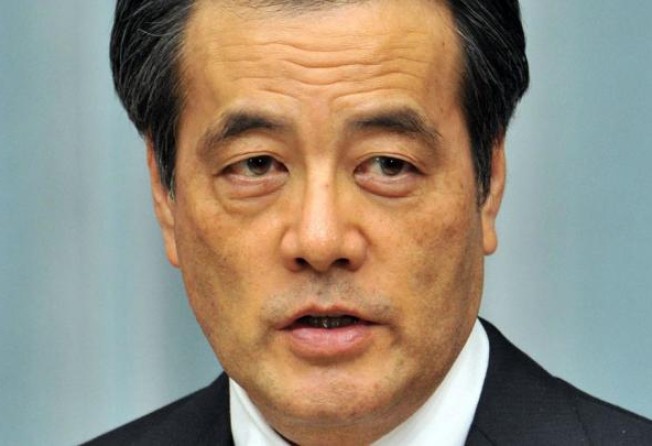Japan's deputy PM admits Diaoyus dispute, opening path to China talks
Deputy PM acknowledges dispute with China over islands, potentially paving way for talks

The top deputy to Japanese Prime Minister Yoshihiko Noda has acknowledged that a dispute with China exists over the East China Sea - a key concession and potential olive branch to Beijing.
Speaking at a meeting of the ruling Democratic Party, Deputy Prime Minister Katsuya Okada said Tokyo's control of the Diaoyu Islands - known in Japan as the Senkakus - could not be questioned, even as he admitted Beijing took issue with its claim.
"The Senkaku issue is not a territorial problem, but, as a matter of fact, there is a dispute between China and Japan," Okada was quoted by Kyodo News as saying. "Both sides must fix the current situation through dialogue."
Tokyo has long refused to acknowledge even the existence of a disagreement, a key roadblock to Beijing's efforts to draw it into negotiations. Noda's government has maintained the position even as coastguards from mainland China, Japan and Taiwan conduct competing patrols in the surrounding waters.
The dispute has resulted in widespread anti-Japanese protests and boycotts in mainland China, which have begun to take a toll on the Japanese economy. Japanese exports fell 10.3 per cent year on year in September.
Okada blamed nationalist Tokyo governor Shintaro Ishihara's bid to buy the islands from their private Japanese owner for triggering the row. Noda announced his own purchase plan in a bid to defuse the situation, but it only further angered Beijing.
"We need to tell China that it is safer for the islands to be controlled by the central government than by the Tokyo metropolitan government," Okada said.
Foreign Ministry spokesman Hong Lei said Beijing had always wanted to resolve the row through negotiations.
Luo Zhaohui, the ministry's Asian affairs director, went to Tokyo to meet his Japanese counterparts earlier this month, paving the way for bilateral talks.
But Beijing has kept the heat on. Japan's coastguard said yesterday that four China Marine Surveillance vessels were spotted in waters around the islands.
Zhou Yongsheng, an expert in Japanese affairs at China Foreign Affairs University, said Tokyo was trying to ease tensions ahead of the leadership reshuffle at the Communist Party's national congress next month.
"The row has had a big impact on the Japanese economy and it is possible that China will come up with tougher measures after the party congress if tensions are still running high," Zhou said.